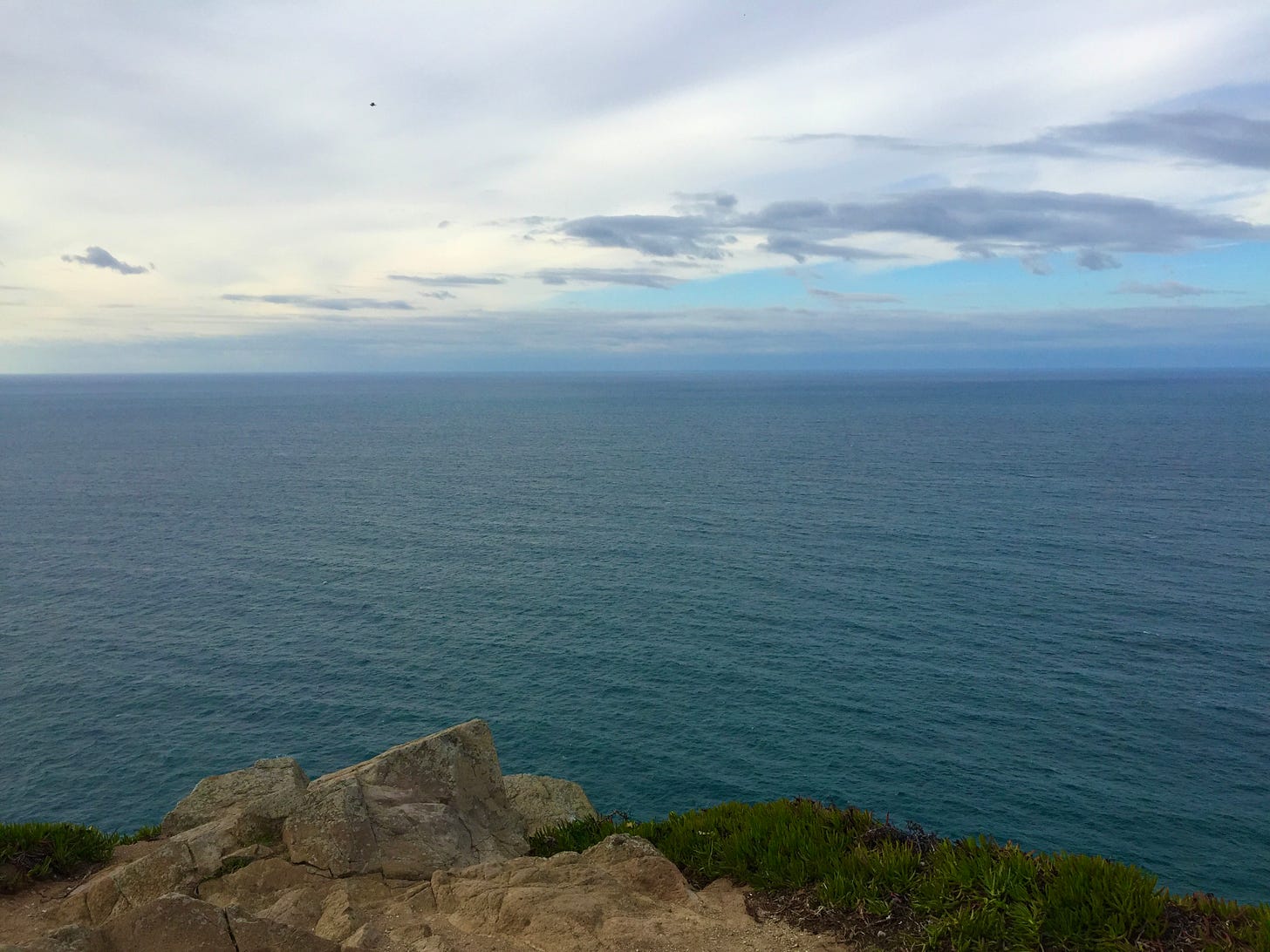Scripture for Meditation: “Then King David went in and sat before the Lord; and he said: ‘Who am I, O Lord God? And what is my house, that You have brought me this far? And yet this was a small thing in Your sight, O God; and You have also spoken of Your servant’s house for a great while to come, and have regarded me according to the rank of a man of high degree, O Lord God.’” (1 Chronicles 17:16-17)
As I wrote in my inaugural post, “Some dreams are born in the dark.” And sometimes, great art is created out of the abysses of human experience, such as the timeless hymn, “Amazing Grace.” There are truly few songs as recognizable as “Amazing Grace,” but what is less known is the miraculous story that inspired it.
Born in England in 1725, John Newton suffered a difficult childhood, and lost his mother to tuberculosis when he was just a child. As a young man, in 1743, he was forcefully conscripted as a midshipman in the British Royal Navy. After trying to desert the ship, the HMS Harwich, he was beaten and humiliated by the crew and was reduced to the rank of seaman. Newton later transferred to a slave ship, the Pegasus, but in 1745, the ship crew abandoned him in West Africa, leaving him to a slave dealer, Amos Clowe, who in turn “gave” Newton to his wife as a servant.
Three years later, in 1748, Newton was rescued by a sea captain sent by Newton’s father to search for him. While aboard the Greyhound on his return voyage to England, however, the ship encountered a violent storm off the coast of Ireland and nearly sunk. It was during this torrential storm that Newton experienced a profound spiritual reckoning—the moment when his journey as a Christian began.
Yet, he continued to grapple with the force of darkness. Not long after he returned to England, he became a first mate on a slave ship, the Brownlow, headed for South Carolina. And in 1750, Newton became the captain of the first of three of slave ships—his career ultimately coming to an end in 1754 when he once and for all abandoned the slave trade.
From that time forward, and for the next fifty years of his life, Newton devoted himself to Christian theology, a life in ministry, and became a well known abolitionist, befriending William Wilberforce, the British Member of Parliament who led the effort to abolish slavery in the British Empire.
It was during this period of his life, in 1772, that Newton wrote the words for “Amazing Grace,” for a 1773 New Year’s Day sermon in Olney, England, based on 1 Chronicles 17:16–17, known as David’s Prayer, and paralleling Newton’s own life. As the Museum of the Bible writes, “The lyrics to ‘Amazing Grace’ flow from the language of God’s promises and David’s contemplation of the grace and favor being shown to him as stated in 1 Chronicles 17:16–17. Each line of the hymn corresponds to a point in Newton’s sermon based upon this chapter.”
Amazing grace (how sweet the sound)
that saved a wretch like me!
I once was lost, but now am found,
was blind, but now I see.
'Twas grace that taught my heart to fear,
and grace my fears relieved;
how precious did that grace appear
the hour I first believed!
Through many dangers, toils and snares
I have already come:
'tis grace has brought me safe thus far,
and grace will lead me home.
The Lord has promised good to me,
his word my hope secures;
he will my shield and portion be
as long as life endures.
Yes, when this flesh and heart shall fail,
and mortal life shall cease:
I shall possess, within the veil,
a life of joy and peace.
The earth shall soon dissolve like snow,
the sun forbear to shine;
but God, who called me here below,
will be forever mine.
More than sixty years later and an ocean away, in 1835, a song leader named William Walker from South Carolina paired Newton’s words to the traditional tune, “New Britain,” for publication in his hymnal Southern Harmony, and “Amazing Grace,” as we know it today, was born.
To listen to my rendition of “Amazing Grace,” set together with The Star Spangled Banner, tune in to your favorite music streaming platform, including YouTube, Spotify, Apple Music, or Amazon Music.
Links:
https://cowperandnewtonmuseum.org.uk/amazing-grace/
https://en.wikipedia.org/wiki/John_Newton
https://hymnary.org/text/amazing_grace_how_sweet_the_sound
https://www.loc.gov/collections/amazing-grace/articles-and-essays/creation-of-amazing-grace/
https://www.museumofthebible.org/a-wretch-like-me
https://www.museumofthebible.org/the-creation-of-amazing-grace
https://www.ocp.org/en-us/blog/entry/amazing-grace
Photo Credit: Stephanie Augusta Bento
© Stephanie Augusta Bento, House of Riverenza, 2024.




